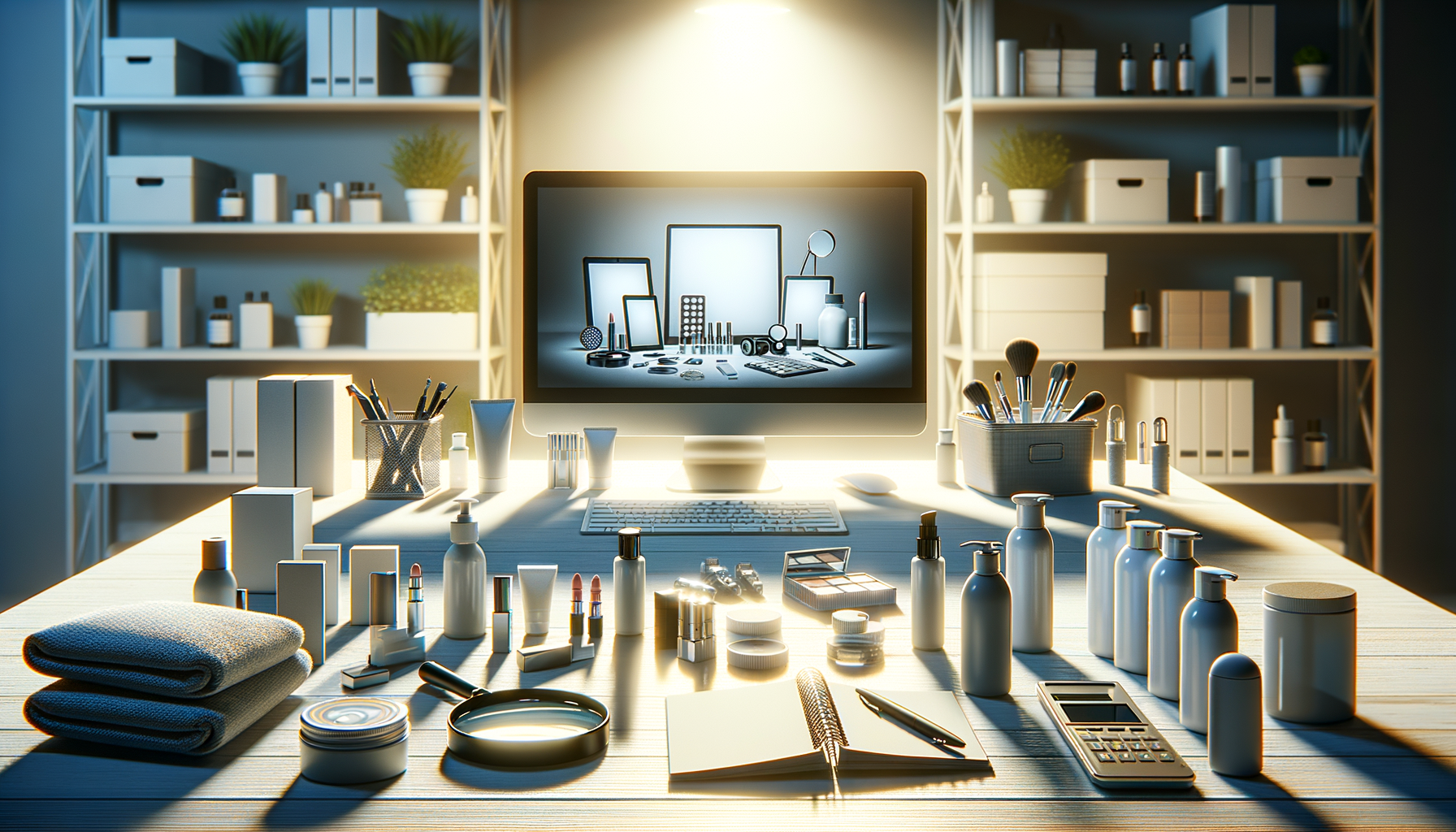Introduction to Product Testing
Product testing has become an integral part of the product development process for companies aiming to ensure quality and enhance user satisfaction. Product tester jobs provide individuals with the opportunity to engage with a variety of products before they hit the market. This role is crucial as it allows companies to gather invaluable feedback on functionality, design, and overall user experience. With the increasing demand for innovative products, the role of a product tester has never been more significant.
Product testers are tasked with evaluating products across different categories, from electronics to cosmetics, providing insights that help shape the final product. This dynamic job not only requires a keen eye for detail but also a passion for understanding consumer needs and preferences. As companies strive to stay ahead of the competition, the feedback provided by product testers becomes a vital component of their success strategy.
The Responsibilities of a Product Tester
The role of a product tester involves a variety of responsibilities that require both analytical and creative skills. Testers are expected to thoroughly evaluate products based on specific criteria set by the company. This includes testing the product’s functionality, usability, durability, and design. Additionally, testers must document their findings in a clear and concise manner, often providing suggestions for improvements.
Product testers may also be required to participate in focus groups or provide feedback through surveys and interviews. This collaborative approach not only enhances the quality of the feedback but also allows testers to engage with other professionals in the field. The ability to communicate effectively and provide constructive criticism is essential for success in this role.
- Testing product functionality and usability
- Documenting findings and providing feedback
- Participating in focus groups and surveys
- Collaborating with product development teams
Skills and Qualifications for Product Testers
While specific qualifications for product tester jobs may vary depending on the industry, there are certain skills that are universally valued. A strong attention to detail and the ability to think critically are crucial for identifying potential issues and providing insightful feedback. Testers should also possess excellent communication skills, as they will need to articulate their findings to various stakeholders.
In addition to these core skills, familiarity with the product’s industry can be beneficial. For example, testers evaluating technology products may need a basic understanding of software and hardware components. Similarly, those testing beauty products should have knowledge of current trends and consumer preferences in the cosmetics industry.
- Attention to detail and critical thinking
- Excellent communication skills
- Industry-specific knowledge
- Problem-solving abilities
The Benefits of Being a Product Tester
Working as a product tester offers several benefits that make it an attractive career choice for many. One of the primary advantages is the opportunity to work with a diverse range of products and industries. This exposure not only broadens a tester’s knowledge but also keeps the job exciting and varied.
Product testers often enjoy flexible working hours, allowing for a better work-life balance. Many testing roles are remote, enabling individuals to work from the comfort of their own homes. Additionally, testers frequently receive free products, which can be a significant perk, especially for those passionate about a particular industry.
Moreover, the role of a product tester can serve as a stepping stone to other positions within the product development field. The skills and experience gained through testing can open doors to roles in quality assurance, product management, and more.
Challenges Faced by Product Testers
Despite its many benefits, the role of a product tester is not without its challenges. One of the primary difficulties is the need to remain objective and unbiased in evaluations. Testers must ensure that their personal preferences do not influence their feedback, which can be challenging when testing products they are passionate about.
Another challenge is the potential for repetitive work. Testing multiple iterations of the same product can become monotonous, requiring testers to maintain focus and attention to detail. Additionally, meeting tight deadlines can be stressful, especially when balancing multiple projects simultaneously.
Despite these challenges, many find the role of a product tester to be rewarding and fulfilling. The opportunity to influence product development and contribute to the creation of high-quality products can be a significant motivator for those in the field.




Leave a Reply